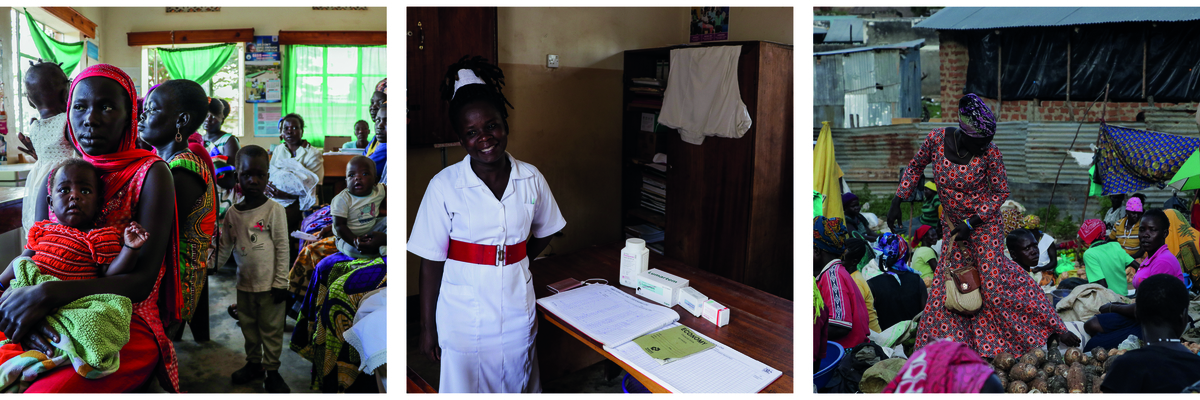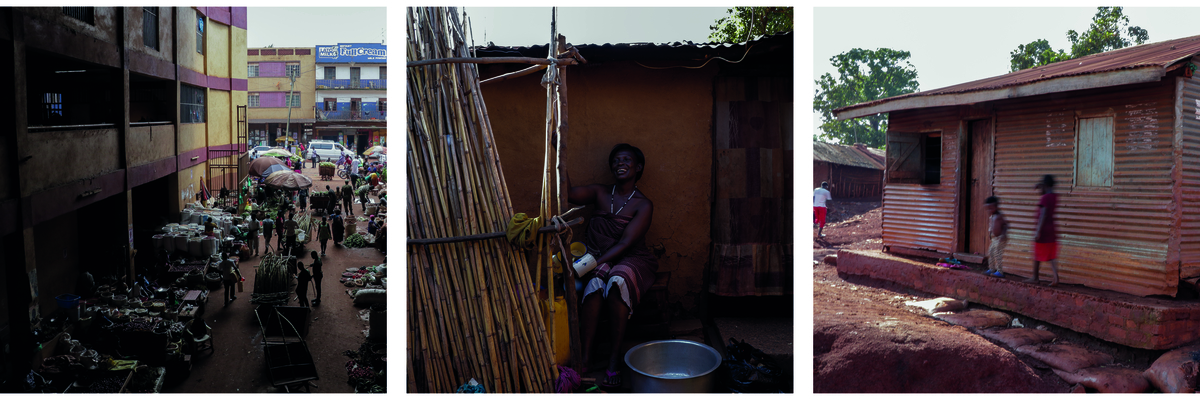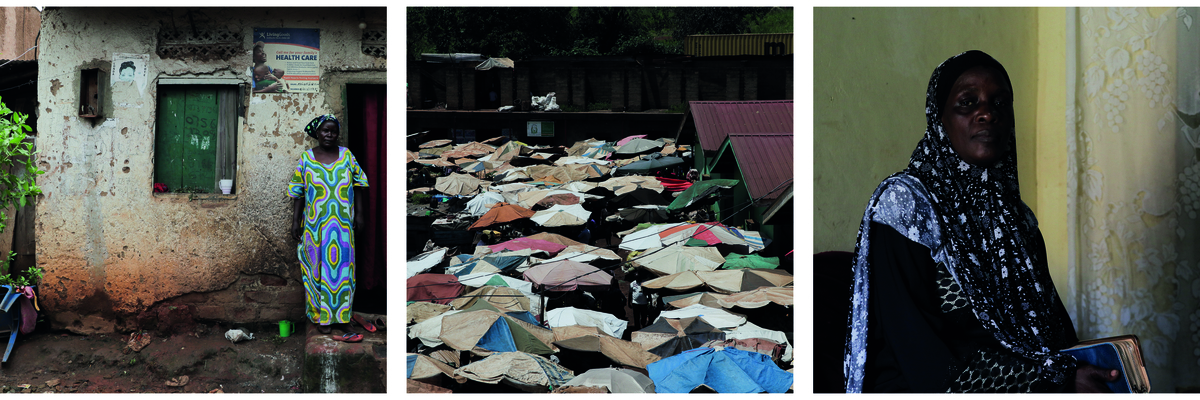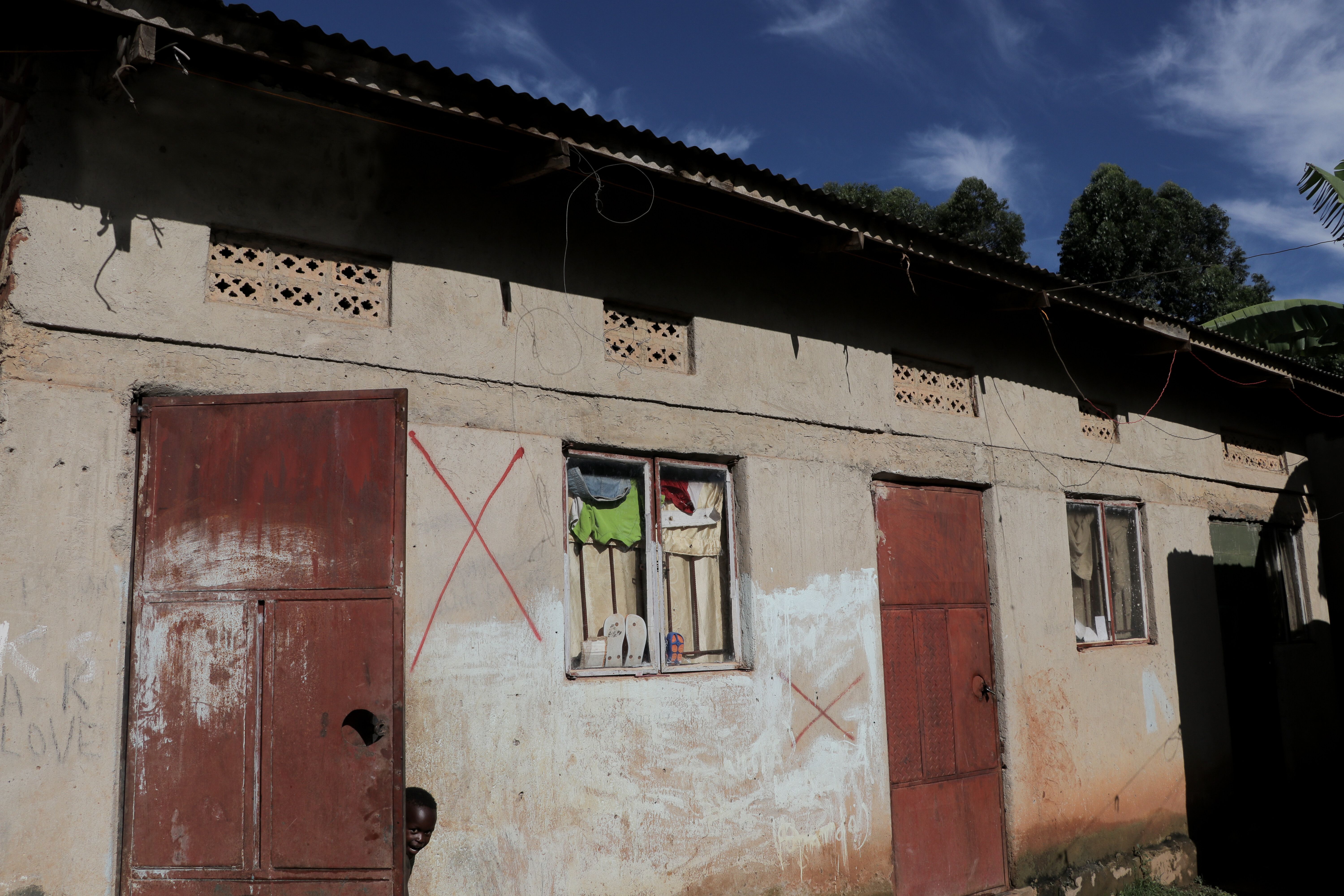Strengthening inclusive urban development from the migration, infrastructure and governance angles
Cities Alliance has been active in Uganda for over a decade, working with national and local authorities, development agencies and community-based organisations to design and support a variety of urban operations. This wide range of activities lead to Uganda being identified as Cities Alliance’s first Country Programme.

One of the reasons for selecting Uganda was the benefit of being able to work with engaged and largely autonomous city governments. The results of this engagement are clear: in 2018, only four out of 53 African countries were rated positively for having an enabling environment to deliver services to their residents. Uganda was one of them; the others were Morocco, South Africa, and Tanzania.

The national government has an ambitious development framework, Uganda Vision 2040, that underlines its aspiration to become a middle-income country driven by growth and recognises the role Uganda’s cities play as drivers of economic development. While Uganda has made significant progress towards an enabling institutional environment and policy framework for cities, the country continues to suffer from high urban poverty and low access to basic services. And, despite noted progress on poverty and various SDGs, vulnerability to falling back into poverty remains very high, demonstrating the fragility of previous gains.
In a recent development, Uganda’s refugee population has almost tripled in the past three years, triggering further challenges. The country now hosts the largest number of refugees in Africa, around 1.39 million as of January 2020, with most coming from the Democratic Republic of the Congo, South Sudan, and Burundi. For these reasons, Cities Alliance identified Uganda as a priority country in its 2018-2021 Strategic Plan.

Activities
In 2019, the Uganda Country Programme began implementing a safeguarding project for the Kampala-Jinja Expressway. The in-country team also coordinated activities under two Cities Alliance Joint Work Programmes: Cities and Migration (pilot projects in Jinja and Arua municipalities), and Equitable Economic Growth (Cities Campaign component23 and country-level financial modelling).
Membership
Uganda became a member of Cities Alliance in 2019, further consolidating Cities Alliance’s position as a key urban actor and convener in the country.
It’s about fighting slums and not slum dwellers, fighting poverty instead of fighting the poor.
Daudi Migereko, Minister of Lands, Housing and Urban Development, Uganda, June 2012

